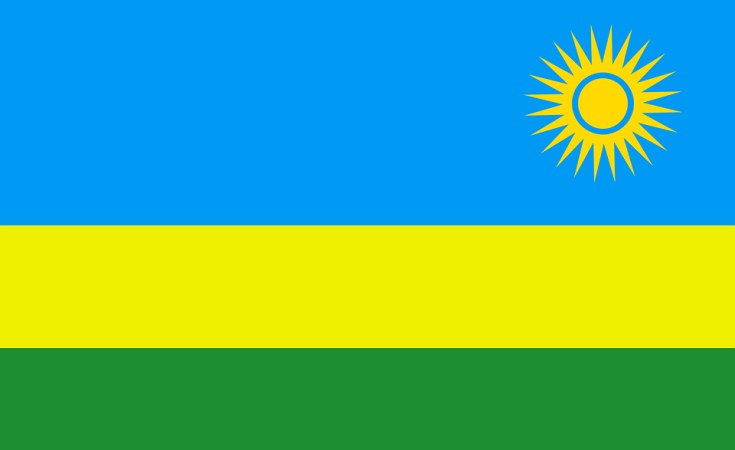Rwanda ranked as the fourth least corrupt country in Africa in 2022, according to a new report by Transparency International (T.I), a global movement working in over 100 countries to end the injustice of corruption.
Released on Tuesday, January 31, the 2022 Corruption Perceptions Index (CPI) ranked 180 countries and territories around the world by their perceived levels of public sector corruption, scoring on a scale of zero (highly corrupt) to 100 (very clean).
Among other things, it showed that the global average has remained unchanged for over a decade at just 43 out of 100, as more than two-thirds of the countries scored below 50, while 26 others fell to their lowest scores yet.
Rwanda came 54th globally, and fourth in Africa, with score 51, behind Seychelles, Botswana and Cape Verde.
Each country's score is a combination of at least 3 data sources drawn from 13 different corruption surveys and assessments. These data sources are collected by a variety of reputable institutions, including the World Bank and the World Economic Forum.
The CPI examines manifestations of public sector corruption including bribery, diversion of public funds, officials using their public office for private gain without facing consequences, ability of governments to contain corruption in the public sector, and excessive red tape in the public sector which may increase opportunities for corruption.
It also looks into things like nepotistic appointments in the civil service, laws ensuring that public officials must disclose their finances and potential conflicts of interest, legal protection for people who report cases of bribery and corruption, state capture by narrow vested interests, and access to information on government activities.
Countries with the least corruption globally include Denmark which ranks first with a 90 score, Finland and New Zealand in the second and third position respectively with an 87 score each, while Norway comes fourth with an 84 score, and Singapore the fifth with 83.
Worst performers in Africa include South Sudan which ranks 180th out of the 180 countries surveyed globally, Somalia which came 178th, and Burundi and Equatorial Guinea both ranked 171st.
"Conflict and security challenges have further weakened institutions and undermined states' capacity to decisively respond to corruption. This has also meant little to no action in preventing capital flight - estimated to be in tens of billions of dollars each year - from the (Sub-Saharan) region," the report read.
The report notes that though most states in Sub-Saharan Africa have signed or ratified the UN Convention Against Corruption which shows some commitment to anti-corruption, their leaders have to go further.
"To make meaningful progress, they need to prioritise outstanding good governance reforms, including measures to protect basic freedoms. Integrity in politics is also crucial to ensure that public resources are used for the common good. States must also protect civil society so that they can hold governments to account," it recommended.


